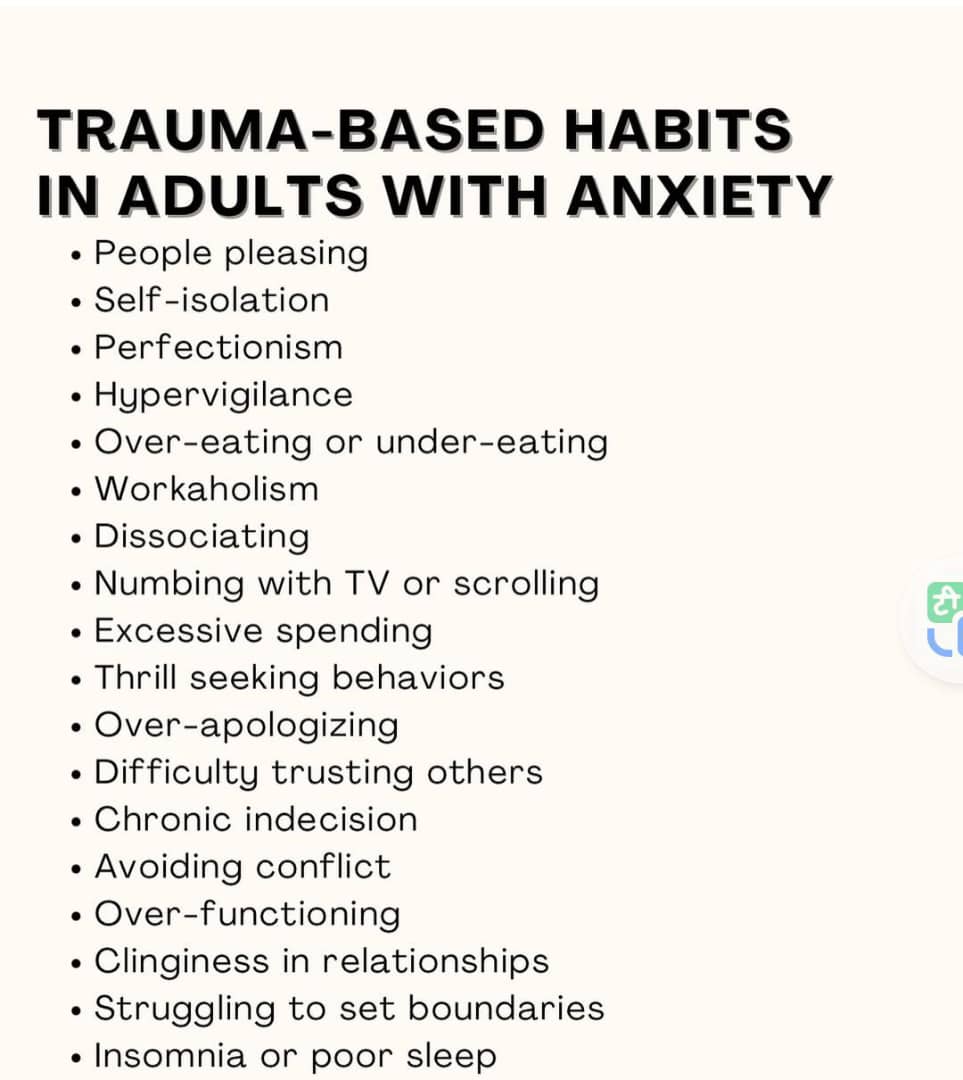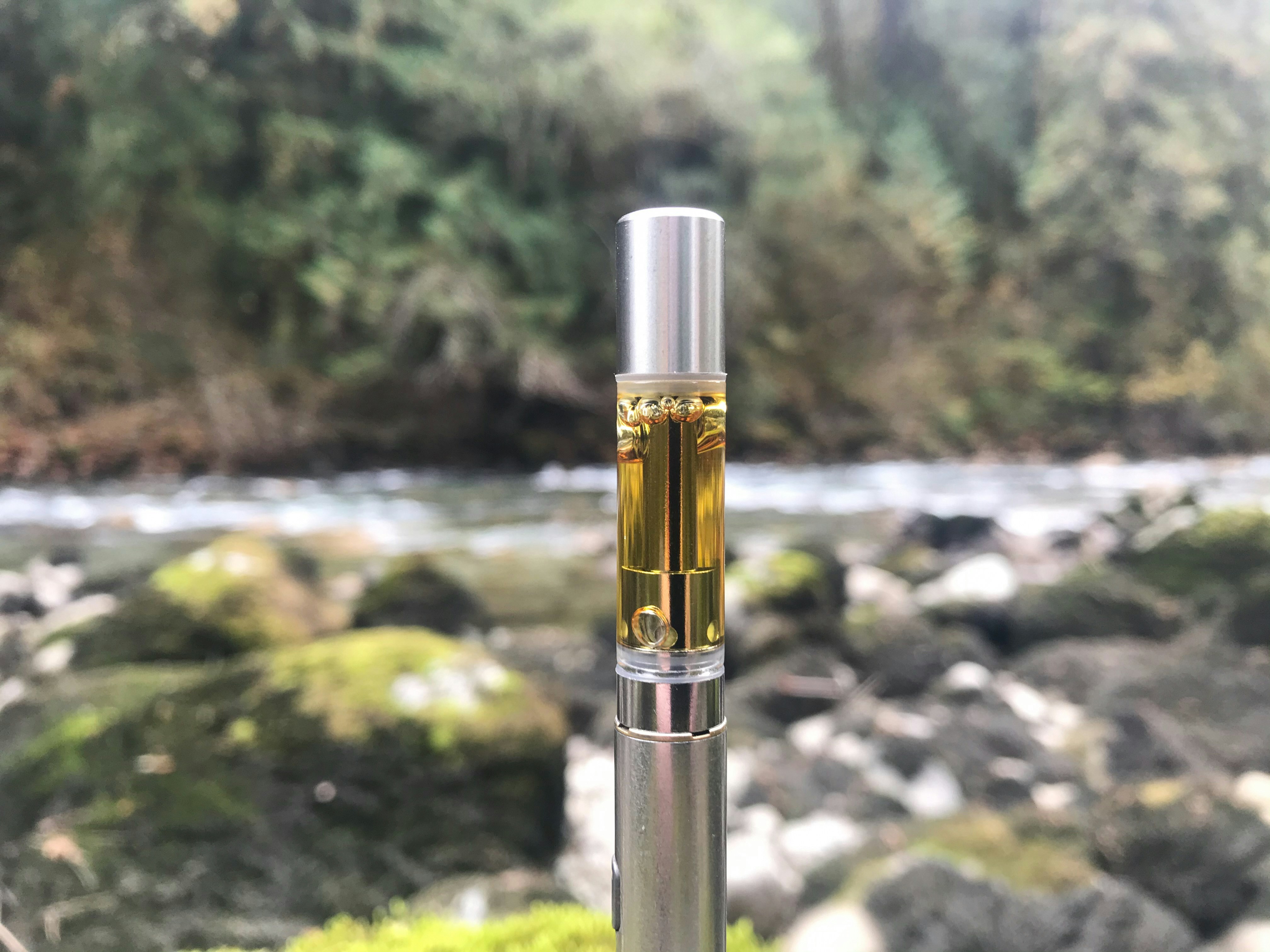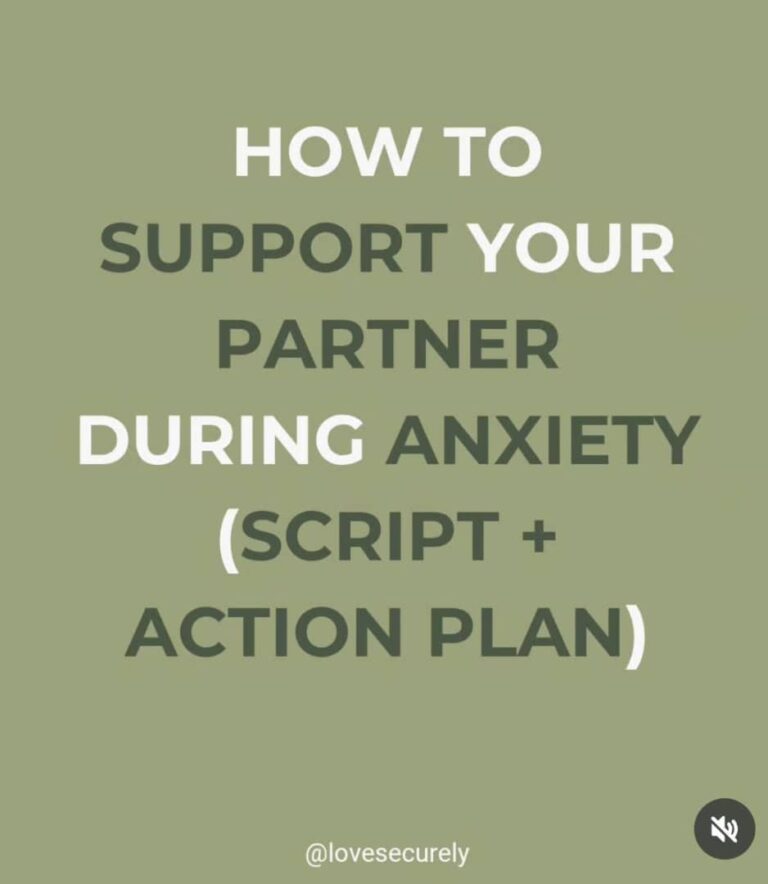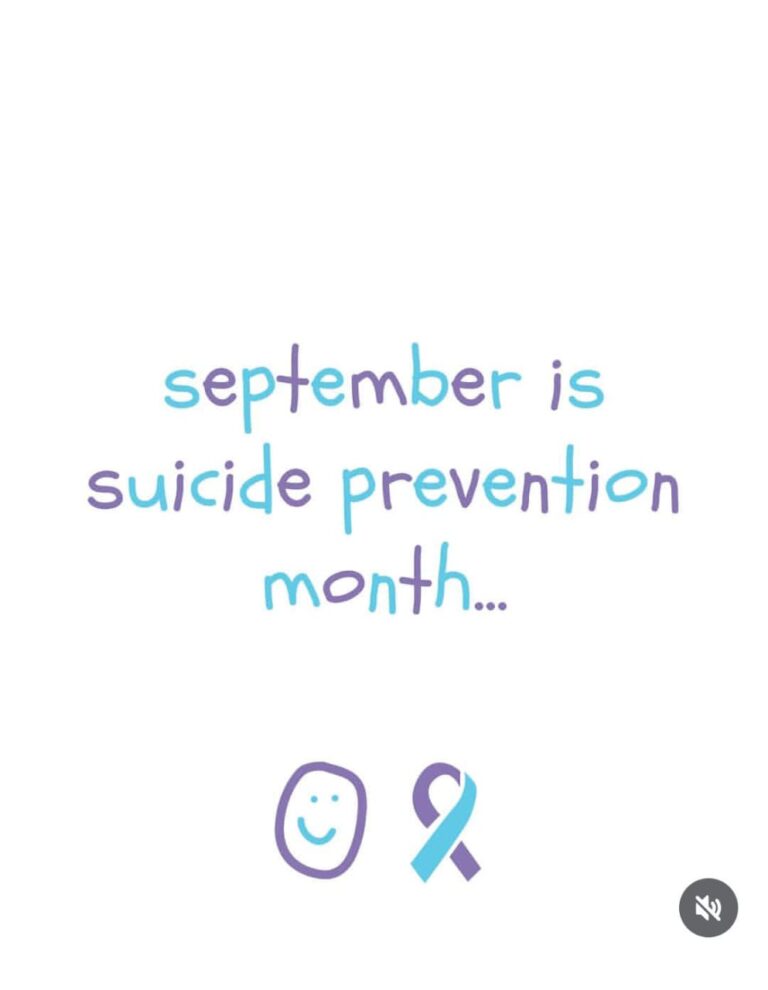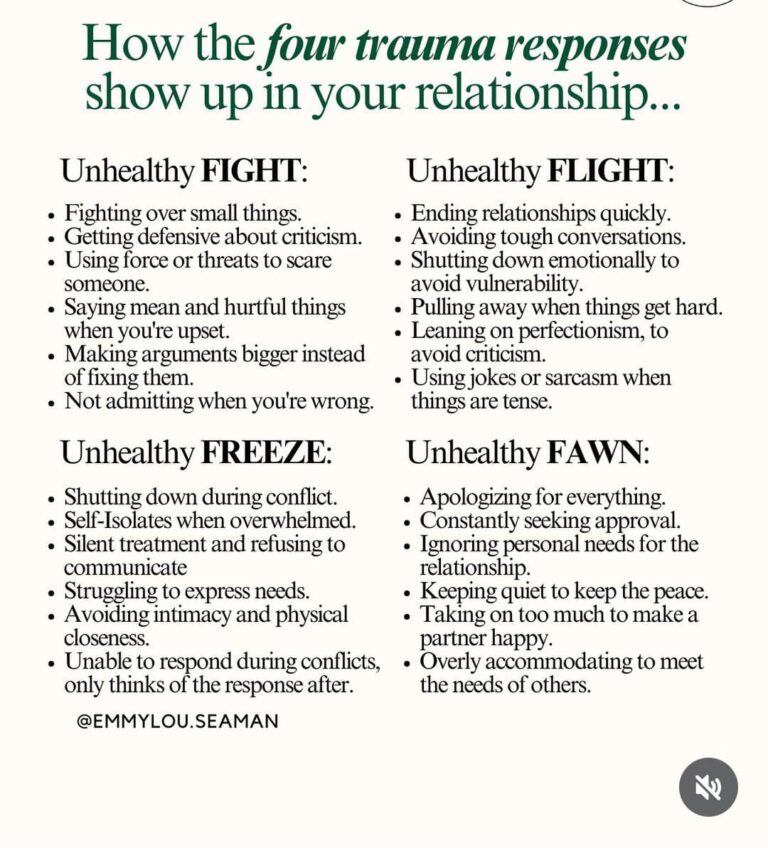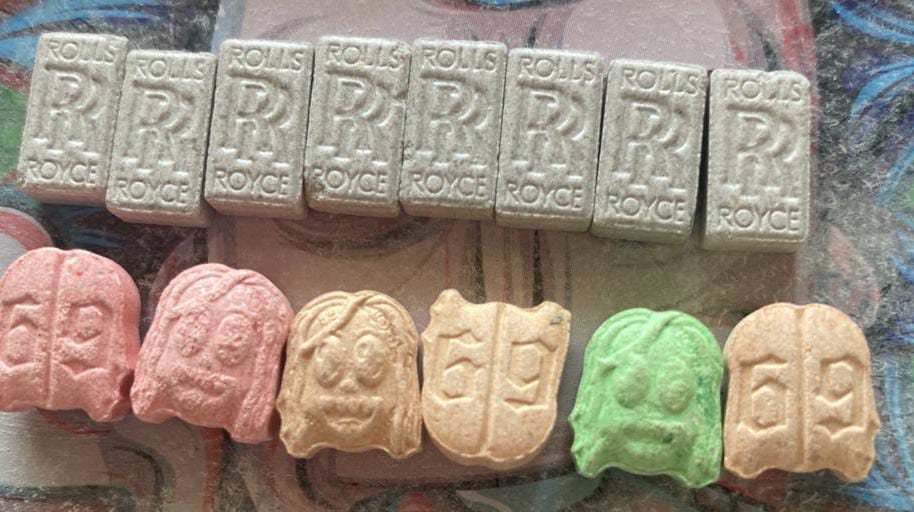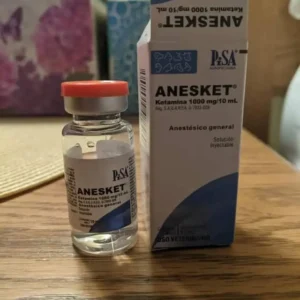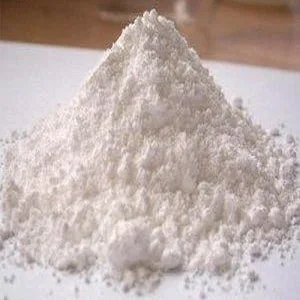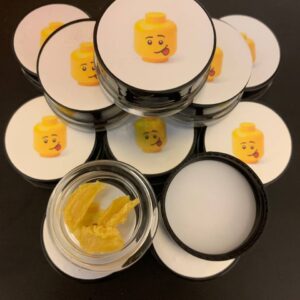TRAUMA-BASED HABITS IN ADULTS WITH ANXIETY.
People pleasing
Self-isolation
Perfectionism
Hypervigilance
Over-eating or under-eating
Workaholism
Dissociating
Numbing with TV or scrolling
Excessive spending
Thrill seeking behaviors
Over-apologizing
Difficulty trusting others
Chronic indecision
Avoiding conflict
Over-functioning
Clinginess in relationships
Struggling to set boundaries
Insomnia or poor sleep
Childhood trauma can deeply impact our adult lives, leading to habits like the ones mentioned in this post. These coping mechanisms often arise as ways to manage unresolved pain and fear. But it is possible to change these unhealthy habits.
Trauma Recovery Tips
- Seek Professional Help: Working with a trauma-informed therapist can help you process painful experiences safely and guide you toward lasting healing.
- Practice Self-Compassion: Remind yourself that healing takes time; speak to yourself with the same kindness you would offer a friend.
- Establish Boundaries: Learning to say “no” and protecting your energy is an essential part of rebuilding safety and self-trust.
- Stay Connected: Surround yourself with people who support and uplift you-connection is a powerful antidote to isolation.
- Mindfulness & Meditation: Grounding practices like breathwork, meditation, or body scans can calm the nervous system and bring you back to the present.
- Healthy Habits: Prioritize rest, nourishing foods, and gentle movement-these daily rituals signal safety and stability to your body.
- Creative Outlets: Channel emotions into art, journaling, music, or other creative practices to release what words can’t always express.
- Educate Yourself: Learning about trauma responses and how they affect the brain and body can normalize your experience and give you tools for recovery.
*Remember, healing is a journey. One step at a time, you can reclaim your life.

